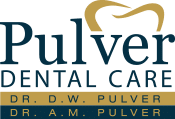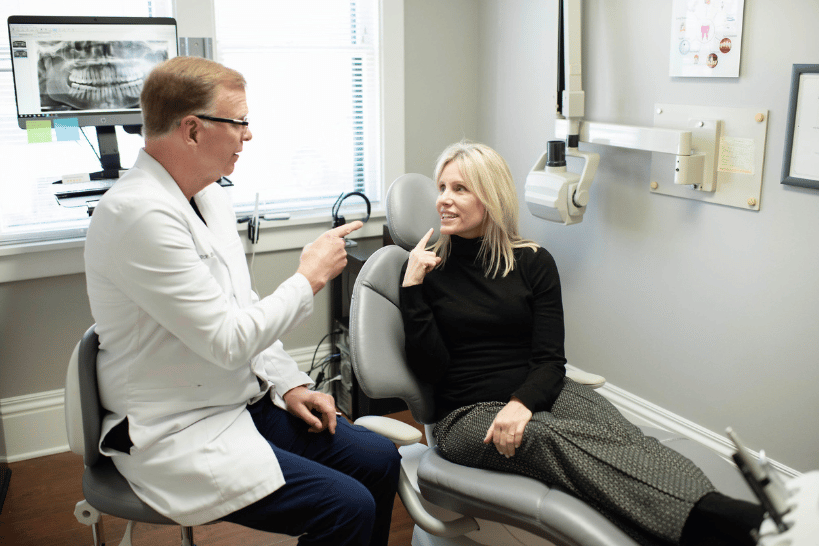Recovering from oral surgery may feel hard at first, but picking the right foods to eat can really help you heal faster and feel better. If you have had wisdom teeth removal or any other oral procedure, it is important to focus on proper nutrition. Eating the best foods helps with tissue repair and can keep problems like dry socket from happening during the healing process. Taking care of what you eat will support you and help you get back to your normal routine sooner.
Your body needs certain nutrients to repair tissue and aid in the healing process at the surgical site. The foods you eat in the first few days and weeks after surgery are important. What you eat can either help you feel better quickly or make you feel worse for a longer time.
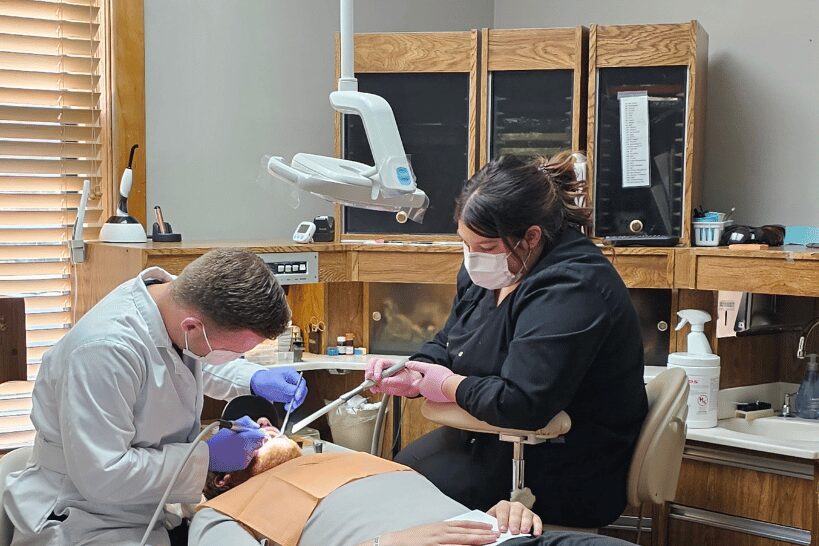
Why Nutrition Matters for Oral Surgery Recovery
After you have oral surgery, your body starts to heal right away. The surgical site needs protein, vitamins, and minerals. These things help build new tissue. They also keep the blood clot at the site strong. If you don’t eat proper nutrition, your healing may slow down. You may feel more pain. Problems could also come up that make your recovery take longer.
Your immune system has to work hard after any surgery. Eating the right foods helps your body get the things it needs to fight off germs. It also helps your body build new and healthy tissue.
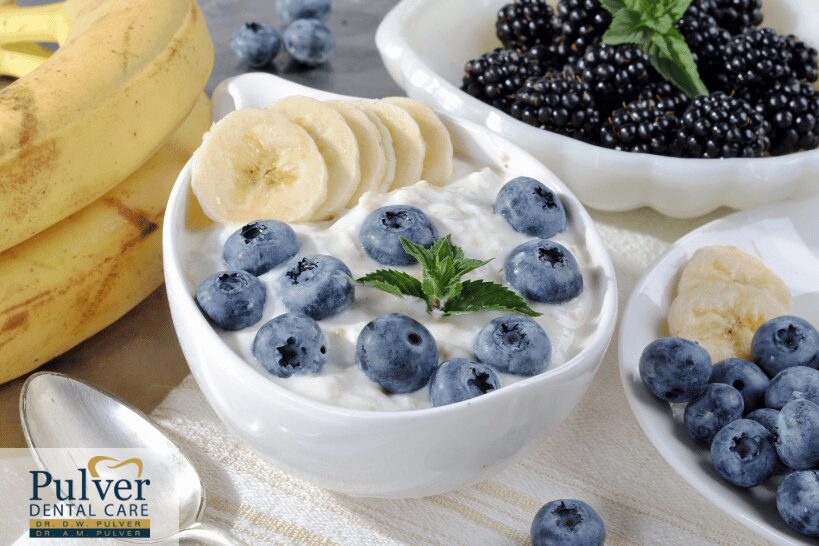
Best Foods to Promote Healing After Oral Surgery
Protein-Rich Soft Foods
Protein serves as the foundation for tissue repair. Greek yogurt stands out as an excellent choice because it’s full of protein while remaining gentle on your surgical site. The smooth and creamy texture won’t irritate healing tissues, and the probiotics support your immune system.
Cottage cheese offers another protein-rich option that’s easy to eat. Its soft texture requires minimal chewing, reducing stress on your surgical site while delivering essential amino acids needed for healing.
Scrambled eggs provide complete proteins in a soft, easily digestible form. Cook them with a little butter or milk to create an even softer texture that won’t disturb your healing tissues.
Anti-Inflammatory Foods
Cold foods like smoothies with berries, banana, and yogurt can help bring down swelling. They also provide antioxidants beneficial for the healing process. The cold in these foods can help provide natural pain relief for sore areas.
Avocado is full of healthy fats. It also contains natural ingredients that help reduce swelling in the body. You can mash it until it is smooth and also blend it into a smoothie, making it easy for people to eat
Nutrient-Dense Options
Bone broth delivers concentrated minerals and collagen that directly support tissue repair. The warm liquid is soothing and easy to consume, making it perfect for the first few days after oral surgery.
Mashed sweet potatoes provide beta-carotene, which your body converts to vitamin A for tissue healing. Their naturally sweet taste and soft texture make them both nutritious and comforting.
Blended soups offer versatility and nutrition. Pureed vegetable soups provide vitamins and minerals while staying gentle on your surgical site. Just ensure they’re not too hot before consuming.
Vitamin C Sources
Soft fruits like mashed banana or pureed peaches support collagen production, which is essential for wound healing. These fruits are naturally soft and won’t irritate your surgical site.
Hydrating Foods
Staying hydrated accelerates healing and helps prevent dry socket. Water remains your best option, but you can also enjoy herbal teas at room temperature or diluted fruit juices without pulp.
Foods to Avoid During Recovery
While focusing on healing foods, it’s equally important to avoid items that could disrupt your recovery:
- Acidic foods like citrus fruits, tomatoes, and vinegar-based dressings can irritate the surgical site
- Crunchy foods such as chips, nuts, and raw vegetables could dislodge the blood clot
- Hot foods and beverages that might increase swelling or dissolve the protective blood clot
- Spicy foods can cause burning sensations and irritation
- Hard foods like crusty bread or tough meats that require excessive chewing
- Alcohol can interfere with healing and interact with pain medications
- Carbonated beverages that might disturb the surgical site
- Seeds and small grains that could get trapped in healing tissues
Creating Your Recovery Meal Plan
Think ahead about what you will eat before going in for your oral surgery. This will help you make sure you have the right soft foods when you need them. Be sure to stock your refrigerator with Greek yogurt, cottage cheese, and things you can use to make smoothies. You can also make some bone broth at home or buy a good one from the store.
Think about the size of the portions you eat while you recover. At first, you may not feel as hungry. Try to pick foods with lots of good stuff in them. These types of foods provide your body with what it needs to heal, even in small amounts.
Remember that your taste can change for a short time after you have oral surgery. Foods you usually like may taste different now. So, it’s a good idea to have several kinds of soft foods ready to eat.
Timeline for Introducing Different Foods
During the first one to two days, it is best to eat cold and soft foods. This helps the blood clot at your surgical site stay in place. You can have Greek yogurt, smoothies, and cold soups at this time. These soft foods are good for you right after the surgery.
After the first few days, you can eat more types of soft foods. Try mashed potatoes, scrambled eggs, and cottage cheese. When you eat, it is good to chew on the side away from your surgical site if you can.
As you improve over the next few weeks, gradually introduce firmer foods when you feel ready. Do this at your own pace. Your dentist in Lowell, Indiana, will also say when the time is right.
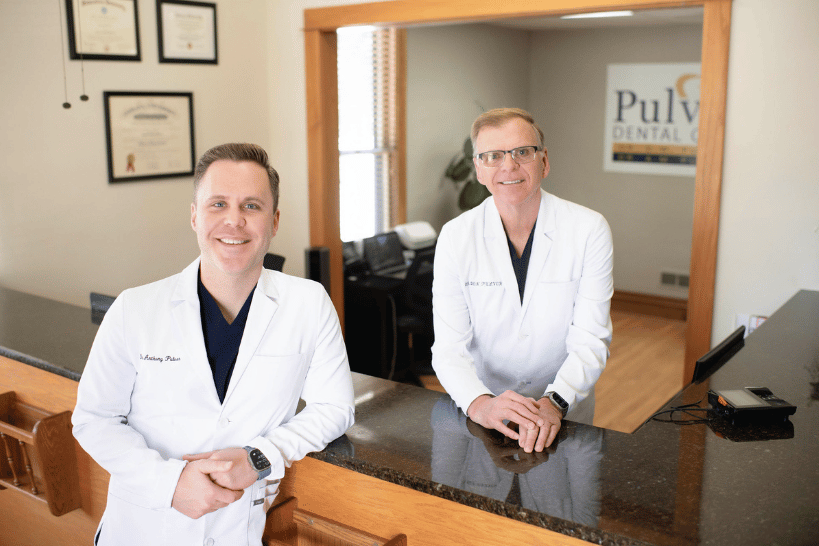
Supporting Long-Term Healing
Proper nutrition is important long after the first week of recovery. You should continue to eat foods rich in healthy fats, vitamin C, and protein throughout the healing process. These help your body with tissue repair and make sure you have a full recovery.
Stay in touch with your oral surgeon or dentist as you get better. They will let you know when it is good to change your diet. They will also tell you what signs to look for to determine if there is proper healing.
Remember, every person gets better at their own speed. Listen to your body and stay with soft foods that feel right for you. It’s important to have proper nutrition so your body can heal well. With the right soft foods and nutrition, you will be back to enjoying your favorite things sooner than you think.
